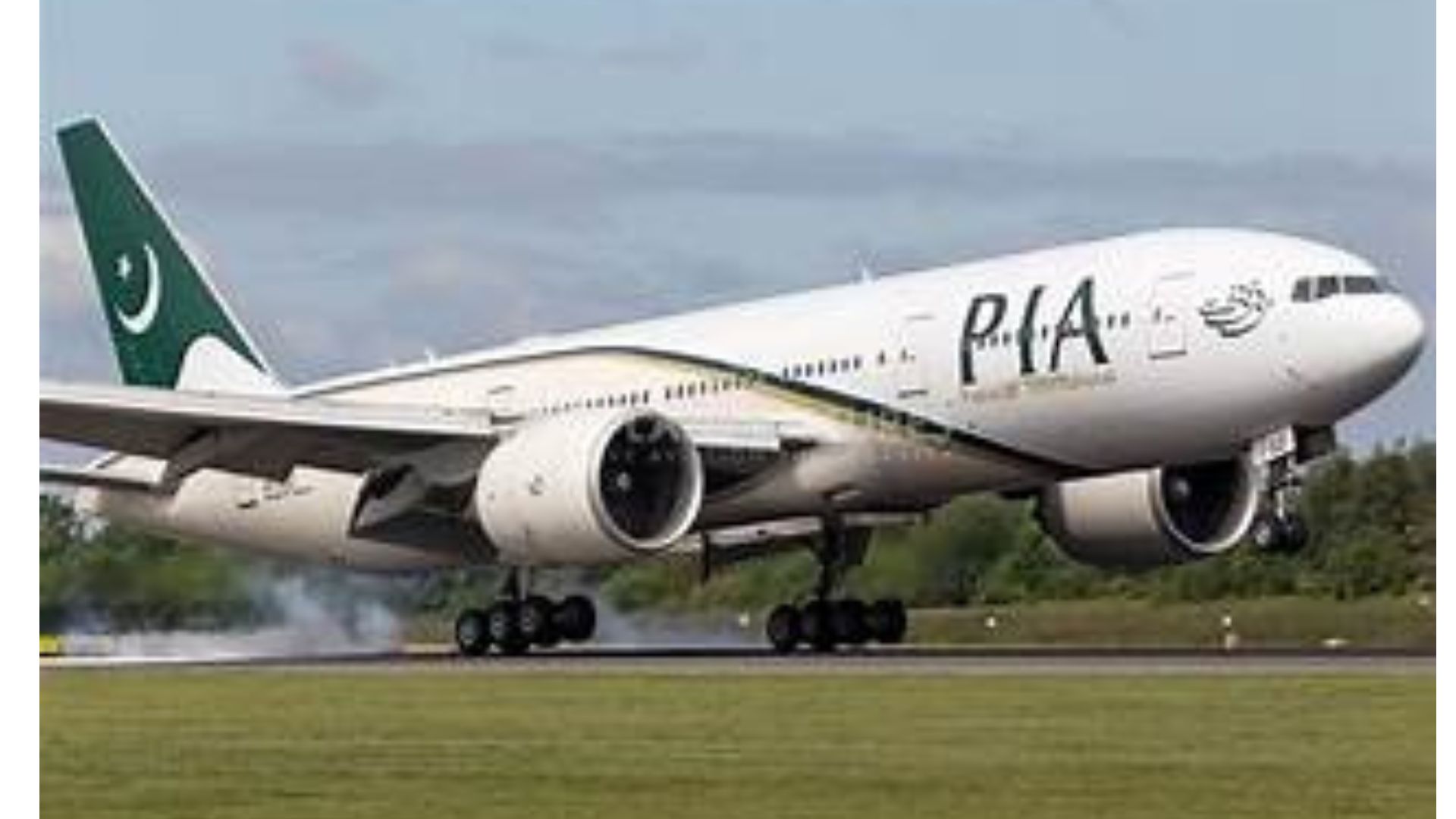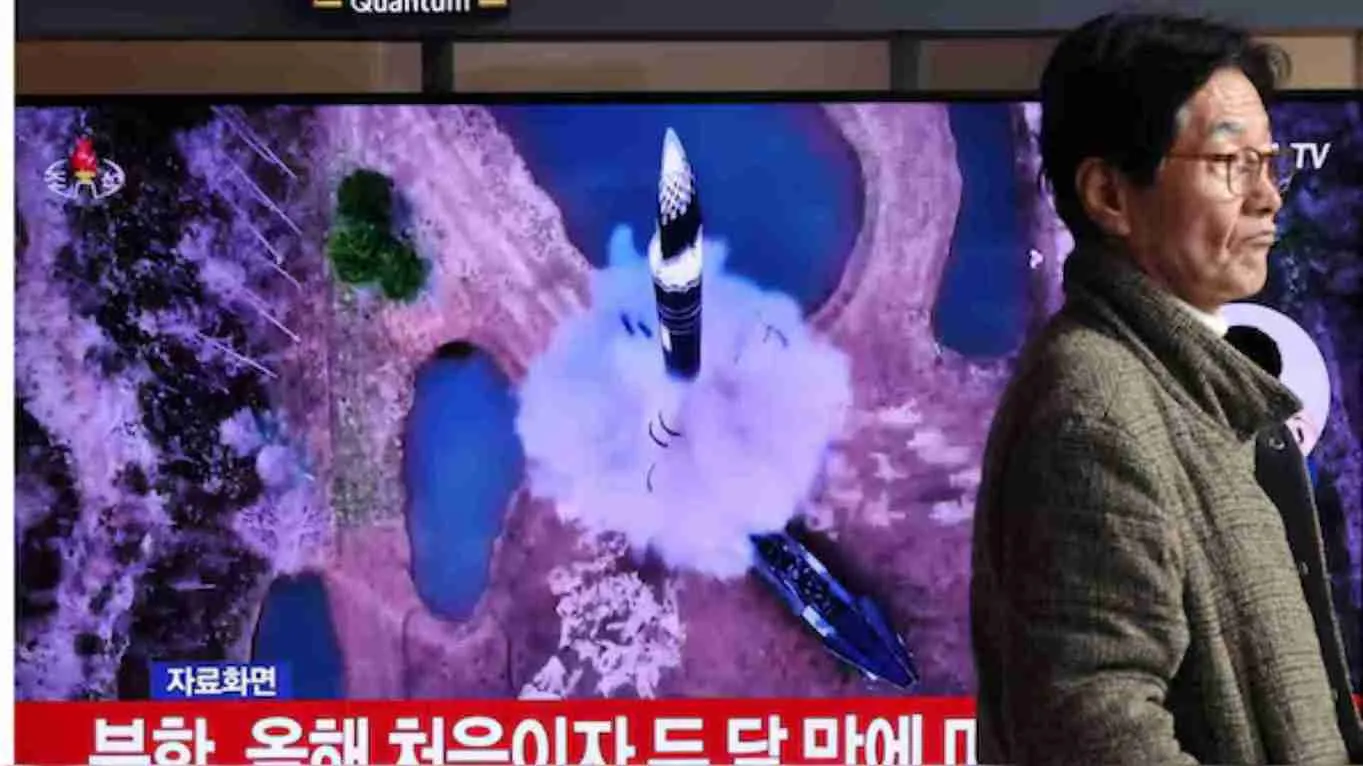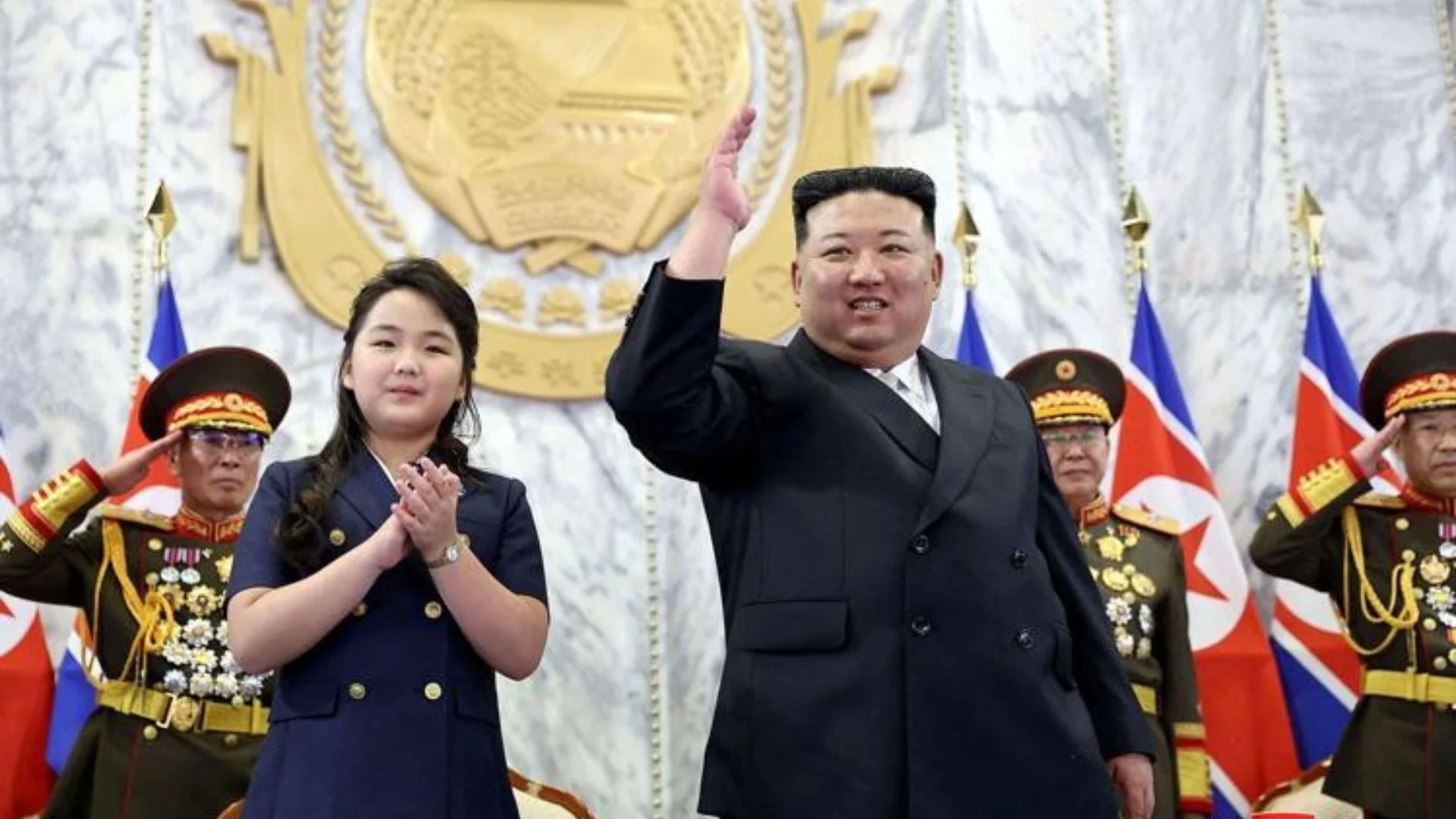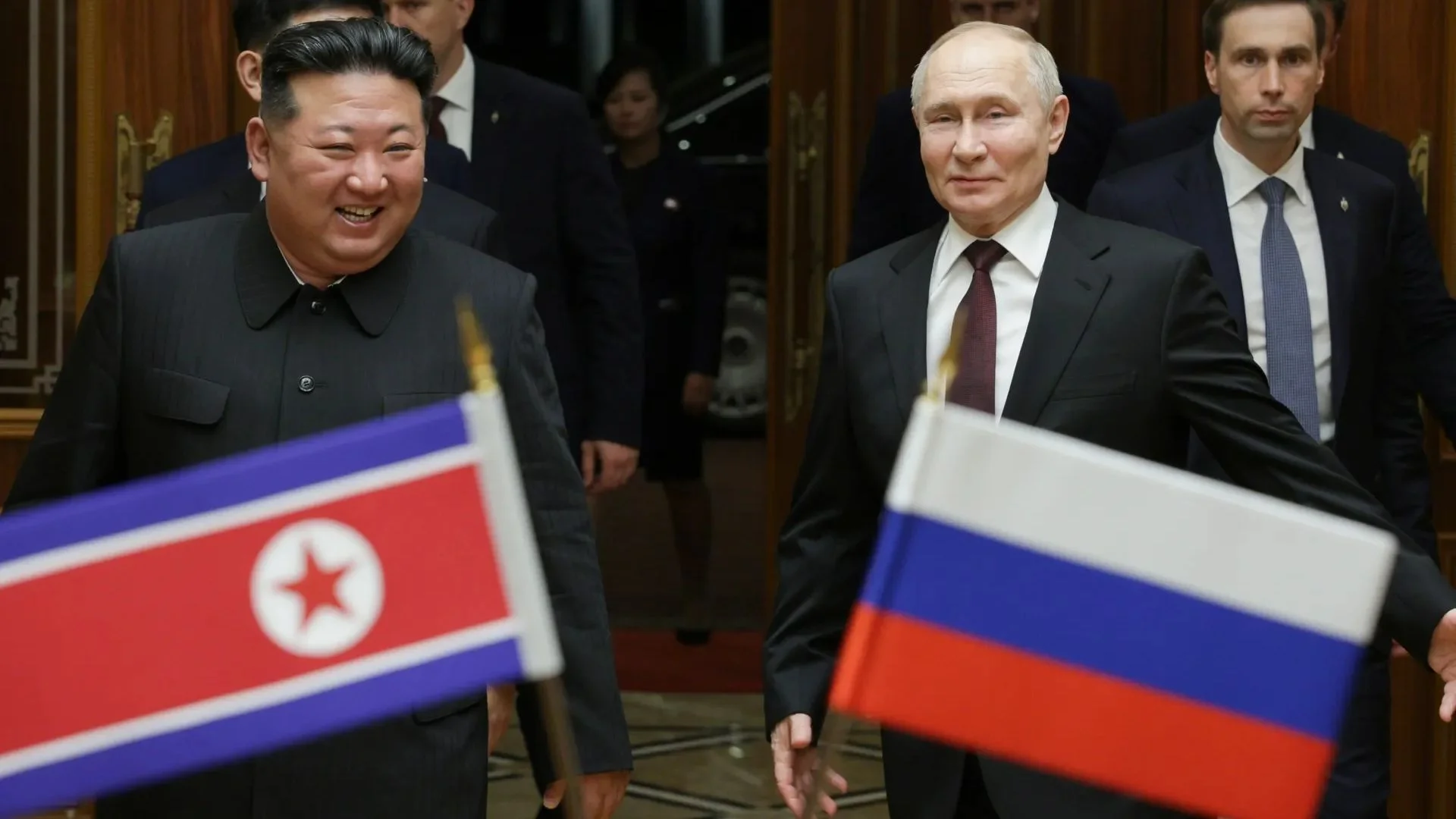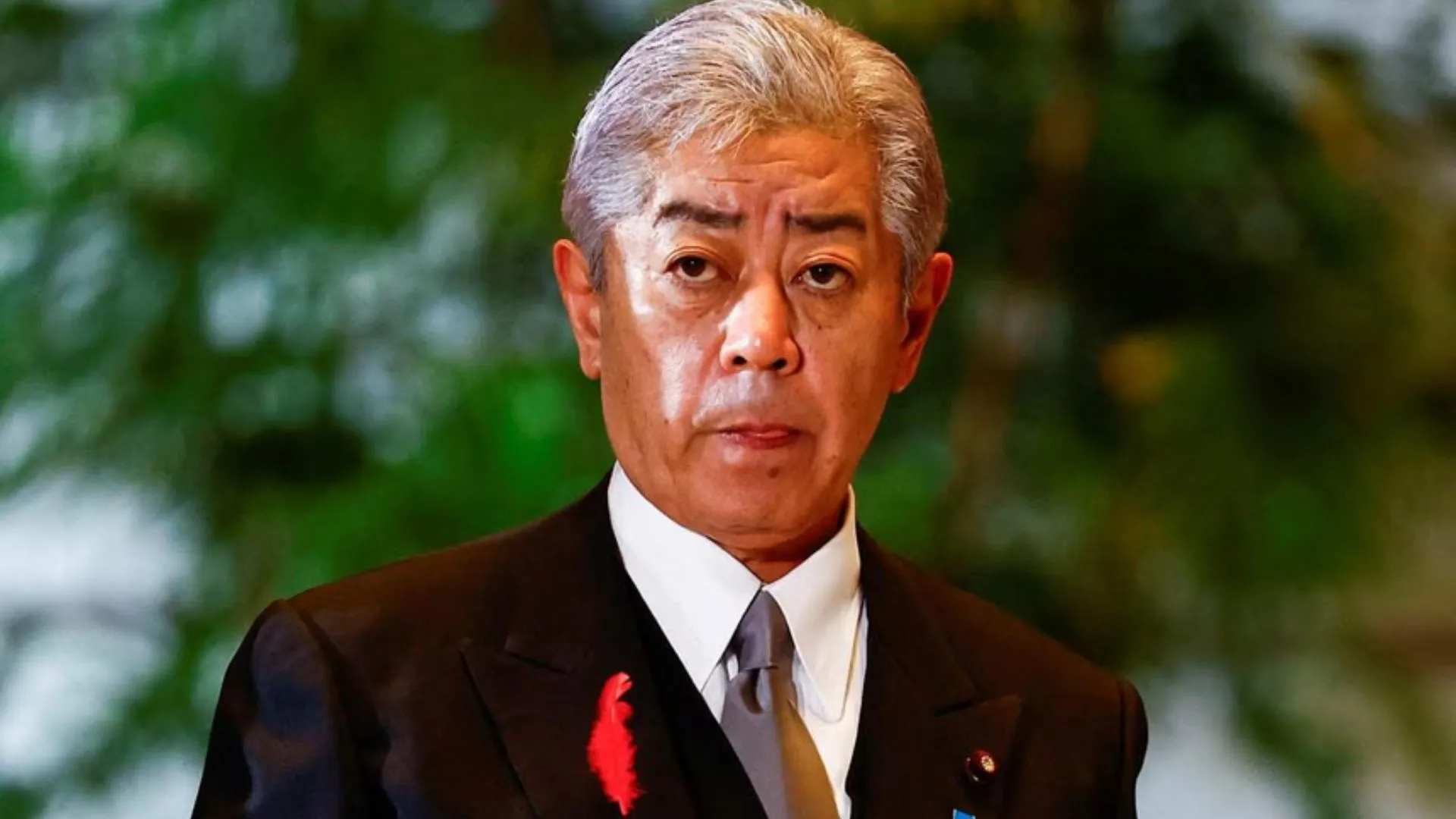The privatization of Pakistan International Airlines (PIA), which has been struggling with substantial debt, is set to be completed by October 1, according to Usman Akhtar Bajwa, Secretary of the Privatisation Commission. Bajwa shared this update during a Senate Standing Committee on Privatisation meeting, as reported by Dawn.
PIA’s financial woes are severe, with the airline’s deficit reportedly reaching PKR 500 billion. The prospective buyer will be responsible for settling PKR 200 billion in liabilities and investing PKR 400 million in necessary repairs and other issues.
Bajwa indicated that six companies are in the running to acquire PIA: Fly Jinnah, Air Blue, Arif Habib Corporation, YB Holdings, Pak Ethanol, and Blue World City. He emphasized that Prime Minister Shehbaz Sharif is keen to avoid any further delays in the privatization process.
The buyer will need to provide PKR 80 billion, as the airline is nearing a state of operational collapse. The National Assembly’s standing committee on aviation previously reported that the privatization process is nearing completion.
Additionally, on August 4, PIA took disciplinary action against Javed Iqbal Bajwa, the Deputy Station Manager in Birmingham, after an investigation revealed discrepancies in his educational qualifications. Bajwa was found to have submitted a fake intermediate certificate. PIA has issued a show-cause notice, giving him seven days to provide proof of the authenticity of his documents or face potential disciplinary measures.
The Civil Aviation Authority (CAA) currently manages 22 of Pakistan’s 43 airports, including 13 international ones, but has faced budget constraints for airport development.
History of Pakistan International Airlines (PIA)
1955: Pakistan International Airlines (PIA) was established on October 1, 1955, as a national airline of Pakistan. It was created by the merger of two earlier airlines, Orient Airways and the Pakistan International Airlines Corporation.
1950s-1960s: The airline began operations with a fleet of Douglas DC-3 aircraft. It rapidly expanded its network, including international routes to destinations such as London and New York. PIA was known for its early adoption of modern aircraft and for pioneering several routes.
1960s-1970s: PIA saw substantial growth during this period, becoming one of the leading airlines in Asia. It was among the first to operate the Boeing 747 Jumbo Jet, which significantly boosted its international reach.
1970s: The airline was a symbol of national pride, showcasing Pakistani culture through its in-flight services and branding. PIA also played a key role in establishing Pakistan’s connectivity with various global cities.
1980s-1990s: The airline faced increasing financial difficulties, which were attributed to a combination of mismanagement, political interference, and operational inefficiencies. The situation was exacerbated by rising fuel costs and competition from other airlines.
2000s: PIA struggled with operational issues, including outdated fleets and poor service standards. Corruption and mismanagement further compounded its problems. The airline became known for frequent flight cancellations, delays, and financial losses.
2010s: The government of Pakistan initiated several reforms aimed at revitalizing the airline. These included fleet upgrades, restructuring, and attempts to improve financial performance. Despite these efforts, PIA continued to face challenges, including labor disputes and a substantial debt burden.
2020s: PIA’s financial situation deteriorated further, with mounting debt reaching billions of Pakistani Rupees. The airline has struggled with operational inefficiencies, and allegations of corruption and mismanagement persisted. In response, the government announced plans to privatize PIA to address its financial issues and operational inefficiencies.
2024: The privatization process of PIA is set to be completed by October 1, 2024. The airline’s extensive debts and operational difficulties have led to the decision to sell it to private investors. The goal is to revitalize the airline through private sector management and investment.
PIA remains a significant entity in Pakistan’s aviation history, having played a crucial role in connecting Pakistan with the world. However, its recent history reflects the challenges faced by many national carriers in a competitive and rapidly changing aviation industry.

